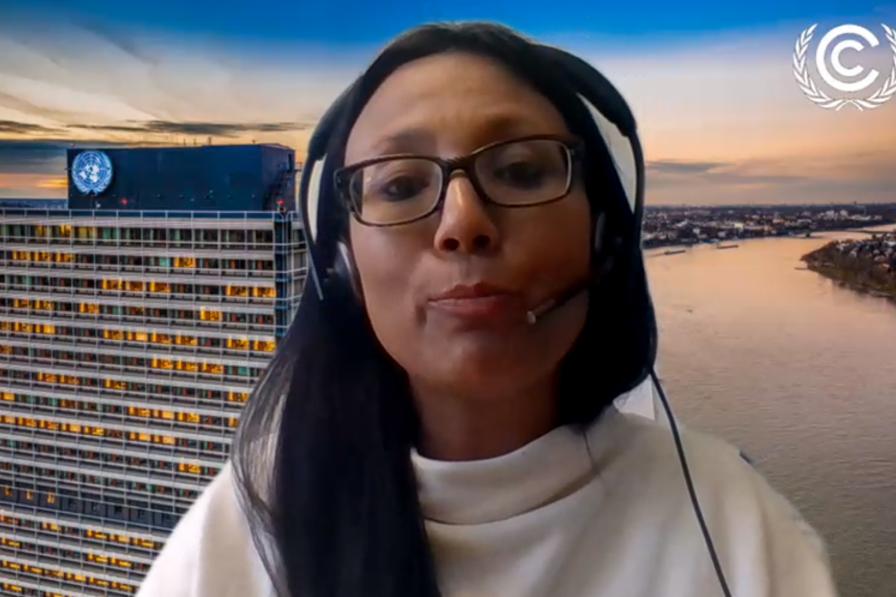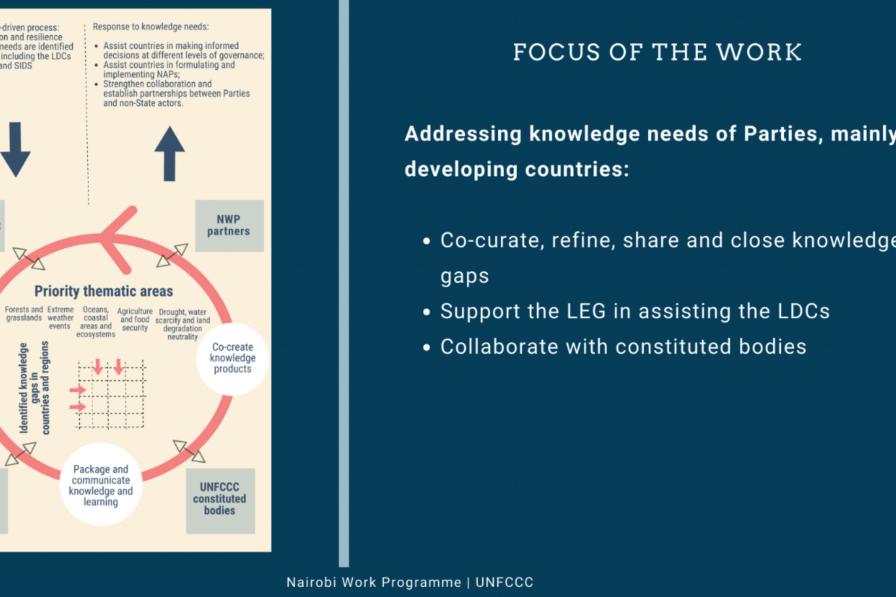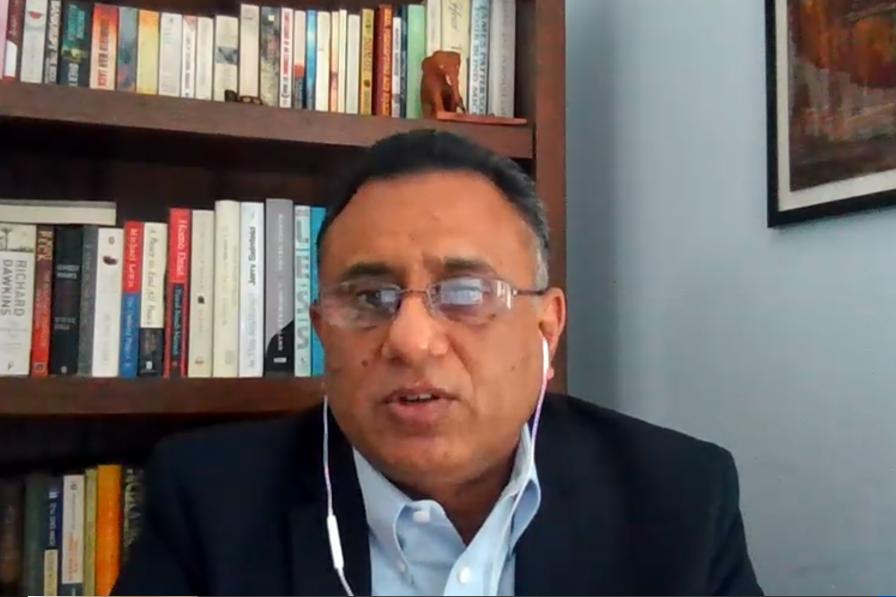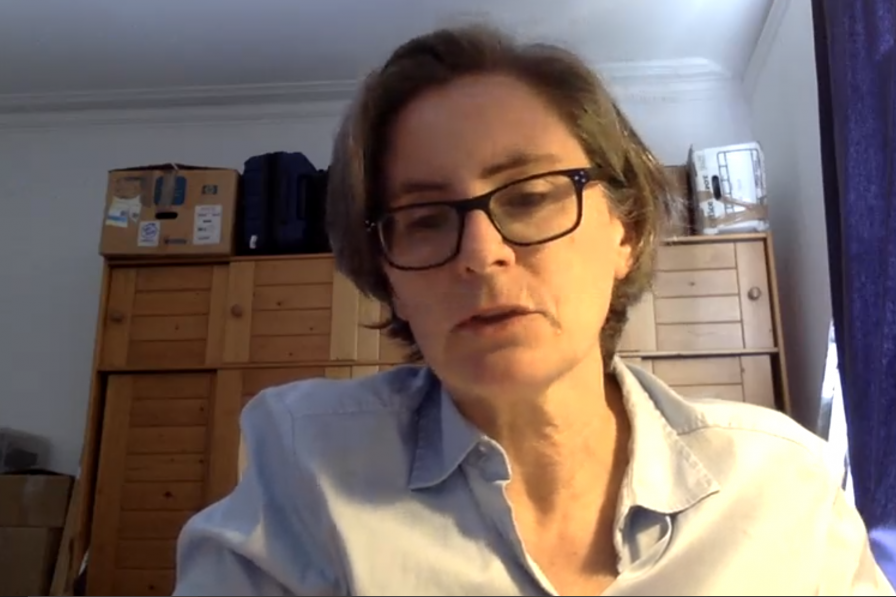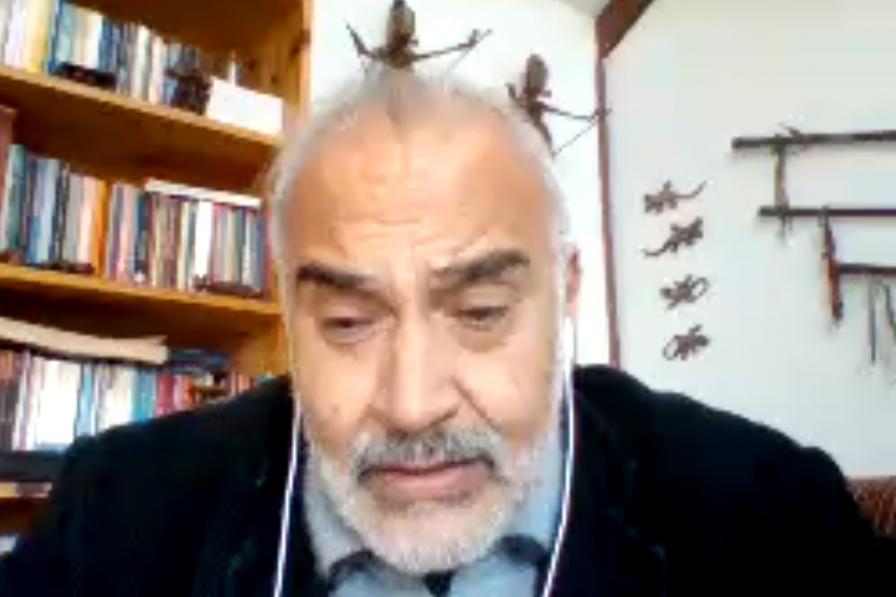The May-June 2021 UN Climate Change Conference continued online Wednesday to prepare for the 26th meeting of the Conference of the Parties (COP 26) in Glasgow, Scotland, scheduled for November 2021.
Delegates heard party and observer statements in a resumed plenary meeting. Informal consultations convened on Article 6 (market and non-market mechanisms) and on the Nairobi work programme on impacts, vulnerability, and adaptation to climate change. Mandated events also took place on agriculture and capacity building, among other issues.
Resumed joint plenary of the Subsidiary Bodies
After participants heard statements by country groups on the first conference day, this resumed plenary meeting featured further statements by parties and observers.
Highlights included:
- Youth representatives denouncing violent governmental responses to civil society mobilizations;
- Business and industry representatives calling for an enabling environment, with coherent and predictable policies, to support companies in moving towards a net-zero emissions future;
- Researchers expressing disappointment over restrictions to observers’ access to informal consultations;
- Trade unions urging parties to develop just transition plans with workers and unions; and
- Women and gender organizations underscoring the need to address the fundamental drivers of the climate crisis, calling for sustainable consumption and production models.
Enabling ambition in Article 6 instruments
In discussions on Article 6, delegates focused on design elements that would allow the Article 6 instruments to enable increasing ambition over time. Discussions centered on three parts of the article: Article 6.2, which refers to internationally transferred mitigation outcomes; Article 6.4, which refers to a central mechanism for trading credits from emissions reductions; and Article 6.8, which refers to non-market approaches.
Delegates exchanged views on aspects of the reporting, review, and accounting cycle of the Article 6.2 cooperative approaches; aspects of the Article 6.4 mechanism and activity design; and how the Article 6.8 work programme for non-market approaches could enable further ambition in NDCs. Parties highlighted, variously: environmental integrity, avoidance of double counting, delivering overall mitigation in global emissions, and human rights and the rights of indigenous peoples.
Nairobi work programme on impacts, vulnerability and adaptation to climate change
These informal consultations aimed to foster an exchange of views on progress and outcomes of the Nairobi work programme (NWP) since June 2019, on its indicative work plan for 2021-2022, and on how the NWP can be more responsive to developing countries’ needs. These consultations also aim to address criteria and guiding questions to review the operational and institutional modalities of the NWP.
Delegates expressed their appreciation for the work of the NWP, welcoming its collaboration with the Adaptation Committee and its thematic work on coastal areas. Several delegates underscored the need to make NWP products accessible in a variety of languages to ensure they reach a broader set of stakeholders on the ground. Other points included: ensuring the NWP supports all developing countries; strengthening engagement in Latin America; and considering issues related to drought and land degradation neutrality.
To receive continuing coverage of this event delivered to your inbox, subscribe to the ENB Update newsletter.


